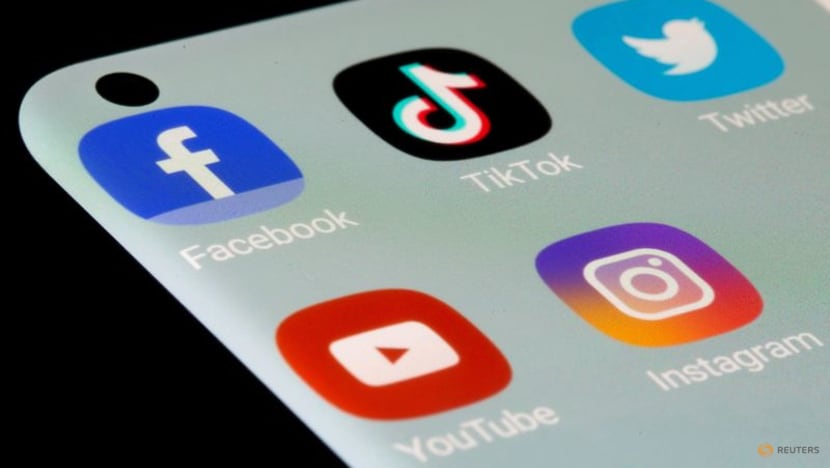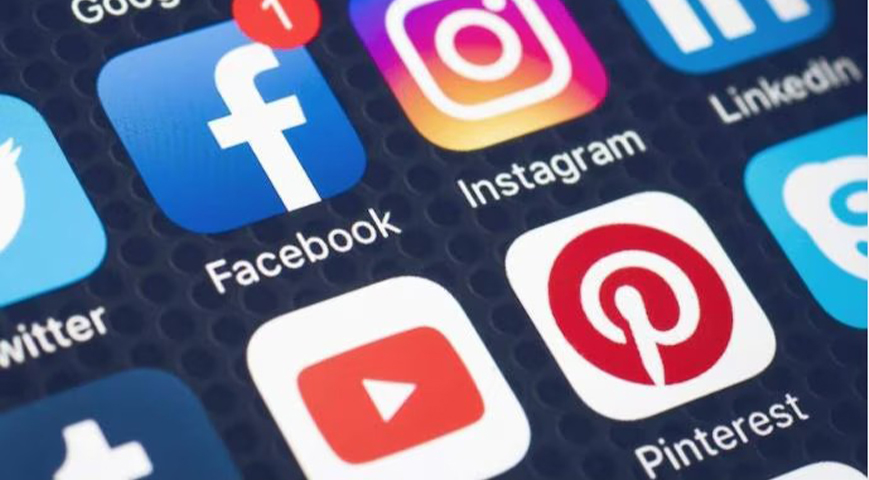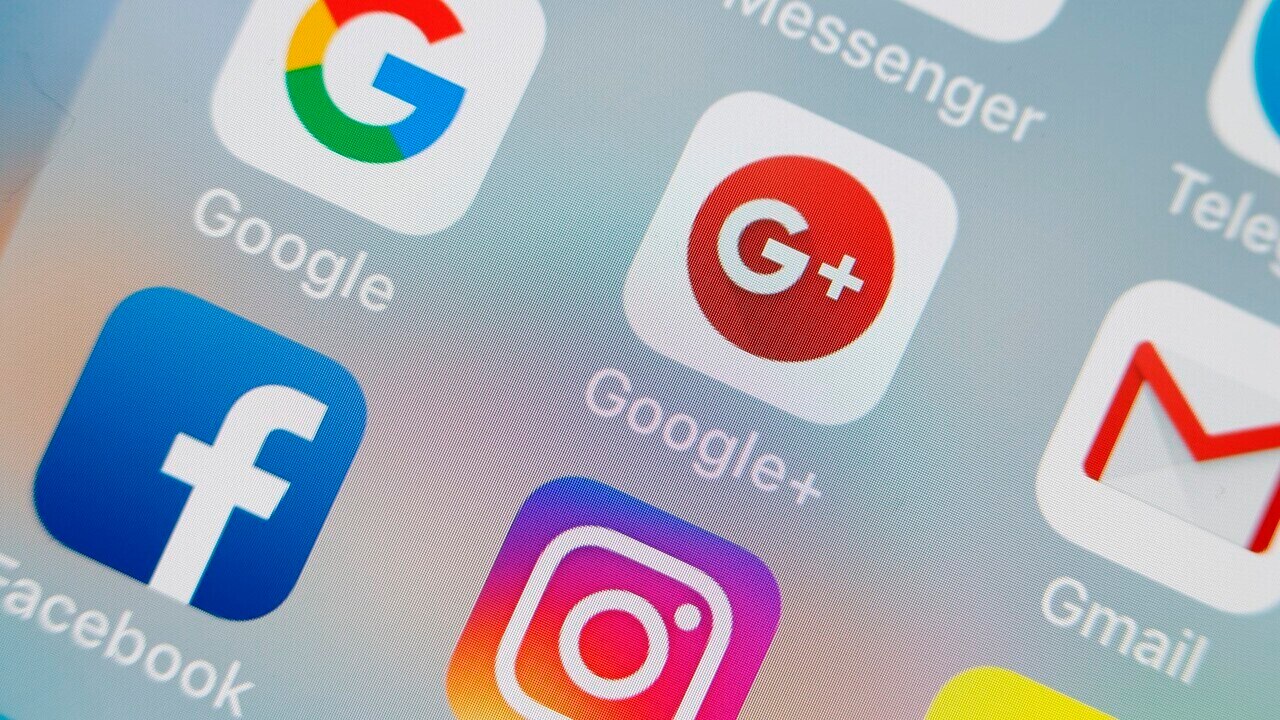Australia’s Prime Minister, Anthony Albanese, announced a proposal to ban children under 16 from social media. The move aims to address the harmful impact platforms like Facebook, Instagram, and TikTok can have on young users.
If enacted, this new legislation would impose strict age limits, making it one of the world's strictest social media laws for children. Tech companies would be responsible for enforcing this restriction, and they would face significant fines if they fail to prevent underage access.
After consulting state and territory leaders, the government intends to introduce the law in late November. Platforms would then have a one-year grace period to establish and prove effective age verification measures.
Did you read this?
Albanese emphasized that platforms, not parents, would need to demonstrate efforts to restrict access for those under 16.
Meta, Facebook's parent company, expressed willingness to adhere to the age restrictions but cautioned about the potential implications. Antigone Davis, Meta’s head of safety, warned that poorly implemented policies could feel like progress without making a meaningful difference for teens and families.
Snapchat, through the industry body DIGI, expressed concerns that such a ban could hinder access to mental health resources, noting that “swimming has risks, but we don’t ban young people from the beach.”
Australia’s move reflects a growing global trend to increase tech companies' accountability. Communications Minister Michelle Rowland warned that social media firms would face substantial fines if they continued to fail to keep young users safe, suggesting that penalties in the millions of dollars may be appropriate. Exemptions are expected for educational platforms.

Australia’s recent regulatory efforts include bills to combat online misinformation and ban non-consensual “deepfake” content.
However, attempts to regulate content on Elon Musk’s platform, X, have sparked legal battles, highlighting the complexities of enforcing these new regulations.











